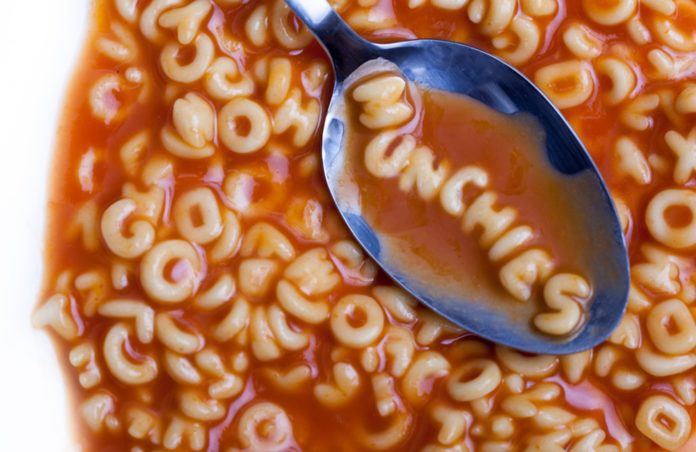One of the most well-known effects of cannabis consumption is a strong appetite — what most everyone inside and outside the cannabis community knows as “the munchies.” The munchies are absolutely a real phenomenon, despite what some stoners might argue; science has indeed found a link between using weed and feeling intensely hungry. In fact, the munchies could be one of the most beneficial effects of cannabis — but it is important to dispel some damaging myths about the munchies, as well.
The Magic
The munchies have been a source of stoner comedy for decades. Movies featuring cannabis use almost always include a scene where the stoners on the screen must stop the action to buy a crinkly bag of potato chips or a greasy hamburger and fries from a drive-through window. Since everyone knows about the strong and sometimes sudden hunger caused by cannabis consumption, scenes like this offer a fast, easy source of laughs.
The cause of the munchies is tetrahydrocannabinol, or THC — the dominant psychoactive compound in cannabis. The body can absorb THC into the bloodstream through the lungs, through the digestive system and through capillaries in the mouth. Once inside the body, THC binds with a certain type of receptor in the endocannabinoid system, which are primarily located in the brain and nervous system but are also present along parts of the digestive system.
Different bodies will respond to THC in different ways; some shuttle THC directly to receptors in the digestive system while others don’t allow THC to bind much at all. What’s more, different qualities of the cannabis itself can determine the effects a user is likely to experience. This concept, called the “entourage effect,” isn’t yet well researched, but cannabis fans firmly believe that different ratios of cannabinoids and terpenes can result in different effects. Thus, it might not be merely THC but a combination of THC and other compounds that cause a strong munchies feeling.
Regardless, the munchies are not merely a funny side-effect of getting high; they are also among the primary reasons that cannabis has become so widely available in the 21st century.
In the 1980s, as the number of AIDS cases grew around the U.S., nurses and doctors in San Francisco hospitals noticed that their patients who were self-medicating with “special” brownies were better able to maintain their health and fight the disease. While the mood-boosting and pain-relieving effects of cannabis might have been beneficial, the primary advantage cannabis users saw was the reduction of nausea and the stimulating of appetite, which allowed AIDS sufferers to take in more nutrients to bolster their bodies against the virus.
As a result of their discovery, doctors fought for the legal right to use cannabis in their medical treatment plans for AIDS and cancer patients. California became the first state to allow medical use of weed, and many other states soon followed — until states began passing recreational regulations, as well. The magic of the munchies is that it transformed a highly stigmatized drug into a legal one.

The Myth
Unfortunately, not everyone understands the science and history of the munchies, so munchie-related myths still pervade cannabis culture. Some of the worst myths include:
The Munchies Cause Users to Eat Unhealthy Food
THC makes users hungry; how they respond to that hunger is up to them. Unfortunately, because THC can also lower inhibitions, motivation and coordination, most stoners opt to eat whatever food is closest and easiest, which tends to be chips, cookies, fast food — anything pre-made and particularly tasty. Those interested in avoiding junk food might prepare for the munchies and set out healthier snacks.
The Munchies Cause Unhealthy Weight Gain
Studies have found that, over the same period of time, cannabis users gain less weight than non-cannabis users. Researchers believe that a preference for cannabis over other calorie-dense substances, like alcohol, allows stoners to stay relatively slim. Also, some weed users account for the munchies and maintain a healthier lifestyle overall, with plenty of whole foods and exercise when they aren’t high.
All Weed Causes the Munchies
As mentioned above, THC can bind to receptors in the digestive system to stimulate the munchies — but it doesn’t always do so. Users interested in an appetite-stimulating strain can find California weed strains designed to do just that; likewise, it is possible to find strains with low THC content and reduced feelings of hunger. Talking to a knowledgeable budtender at a local dispensary can help users find the right strain.
The munchies might seem like a silly side effect of consuming cannabis, but for many medical marijuana patients, they are the goal. All users should respect the munchies — but it is still okay to laugh at a hungry stoner every once in a while.
